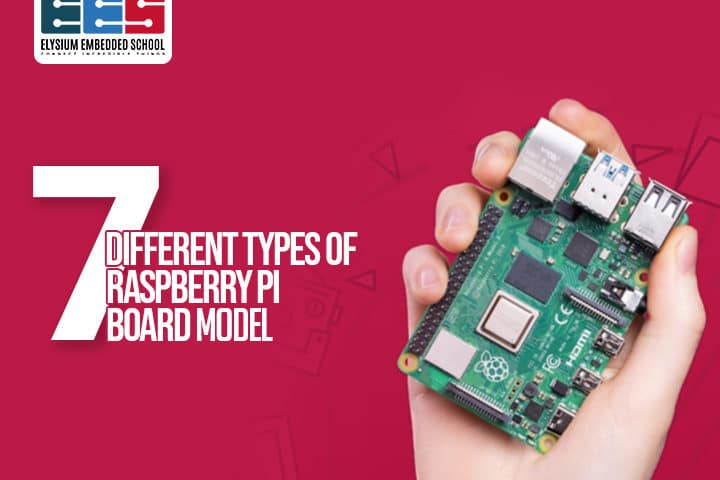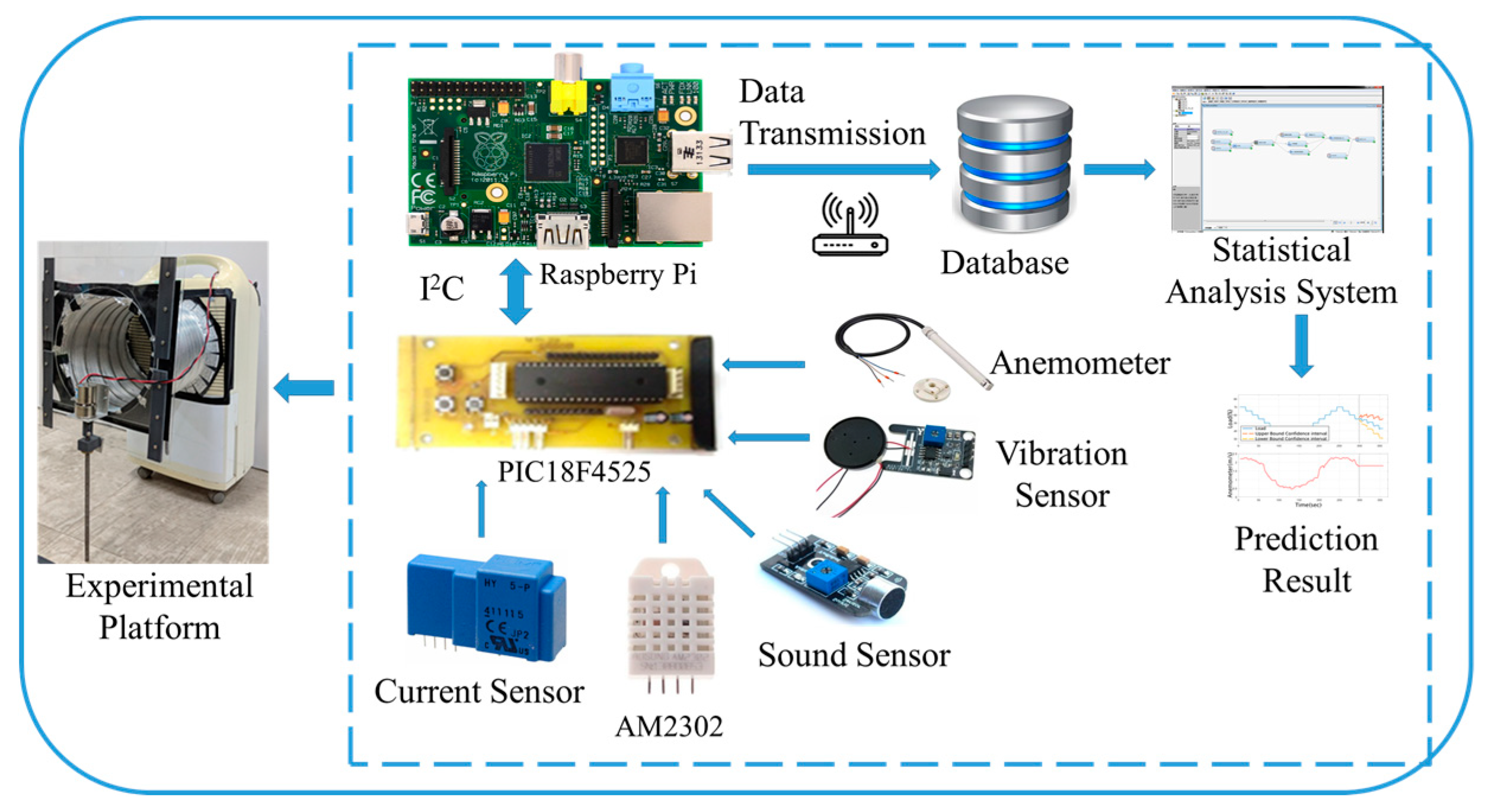Raspberry Companions: The Next Generation Of Smart Home Devices
The smart home market is growing rapidly, and with it, the demand for new and innovative devices. One of the most promising new trends in smart home technology is the rise of Raspberry Companions.
Raspberry Companions are small, affordable devices that can be used to control and automate a wide range of smart home devices. They are typically based on the Raspberry Pi, a popular single-board computer that is known for its affordability and versatility.
Raspberry Companions offer a number of advantages over traditional smart home hubs. They are typically much smaller and more affordable, making them a good option for budget-minded users. They are also more customizable, allowing users to install their own software and hardware. And because they are based on the Raspberry Pi, Raspberry Companions are open source, which means that there is a large community of developers who are constantly creating new and exciting applications for them.
Some of the most popular Raspberry Companion projects include:
- Home Assistant: A home automation platform that allows users to control a wide range of smart home devices from a single interface.
- OpenHAB: Another home automation platform that is known for its flexibility and scalability.
- Domoticz: A home automation platform that is designed to be easy to use, even for beginners.
- Homebridge: A software bridge that allows users to connect their HomeKit-compatible devices to other smart home platforms.
Raspberry Companions are still a relatively new technology, but they have the potential to revolutionize the smart home market. As they become more popular, we can expect to see even more innovative and exciting projects being developed for them.
[Main Content]
Here are some of the benefits of using Raspberry Companions:
- Affordability: Raspberry Companions are typically much more affordable than traditional smart home hubs. This makes them a good option for budget-minded users.
- Customization: Raspberry Companions are highly customizable. Users can install their own software and hardware, and there is a large community of developers who are constantly creating new and exciting applications for them.
- Open source: Raspberry Companions are open source, which means that they are freely available to be modified and redistributed. This makes them a good option for users who want more control over their smart home devices.
- Expandability: Raspberry Companions can be easily expanded to support new devices and features. This makes them a good option for users who want a scalable smart home solution.
[Conclusion]
Raspberry Companions are a promising new technology that has the potential to revolutionize the smart home market. As they become more popular, we can expect to see even more innovative and exciting projects being developed for them. If you are looking for a smart home hub that is affordable, customizable, and open source, then a Raspberry Companion is a good option to consider.
If you're looking for a way to add some extra functionality to your Raspberry Pi, then you should definitely check out Raspberry Companions. These are small, self-contained devices that can be connected to your Pi via USB, and they offer a wide range of features, such as:
- Touchscreen displays
- LED matrices
- Buttons
- Encoders
- Accelerometers
- Gyroscopes
- And more!
Raspberry Companions are perfect for a variety of projects, such as:
- Creating a digital signage display
- Building a custom game controller
- Developing a home automation system
- And anything else you can imagine!
To learn more about Raspberry Companions, visit Gardenia Inspiration. You can find detailed documentation, tutorials, and even pre-built images for all of the different companions.
FAQ of raspberry companions
- What are the best companion plants for raspberries?
Some of the best companion plants for raspberries include:
- Clover: Clover helps to improve the soil quality and nitrogen levels, which can benefit raspberry plants.
- Lavender: Lavender helps to repel pests and insects, which can protect raspberry plants from damage.
- Garlic, onion, and chives: These plants all help to deter pests and insects, and they can also help to improve the flavor of raspberries.
- Marigolds: Marigolds help to repel nematodes, which are a type of soil-dwelling pest that can damage raspberry plants.
- Nasturtiums: Nasturtiums help to attract beneficial insects, which can help to control pests and improve pollination.
- Oats and buckwheat: These plants can help to suppress weeds and improve the soil structure, which can benefit raspberry plants.
- What plants should I avoid planting near raspberries?
There are a few plants that you should avoid planting near raspberries, including:
- Tomatoes: Tomatoes are susceptible to the same diseases as raspberries, so planting them near each other can increase the risk of disease spread.
- Blackberries: Blackberries and raspberries are closely related, and they can cross-pollinate. This can lead to a decrease in the quality of the raspberries.
- Cabbage family plants: Cabbage family plants, such as broccoli, cauliflower, and Brussels sprouts, can attract pests that can also damage raspberry plants.
- Potatoes: Potatoes are susceptible to a soil-borne fungus called verticillium wilt, which can also infect raspberry plants.
- How far apart should I plant raspberries?
The spacing requirements for raspberries will vary depending on the variety of raspberry you are planting. However, in general, you should plant raspberries at least 3 feet apart. If you are planting a bush variety of raspberry, you may need to space them even further apart, at least 4 feet.
- How much sunlight do raspberries need?
Raspberries need full sun in order to produce fruit. If you live in an area with hot summers, you may want to plant raspberries in a spot that gets some afternoon shade.
- How much water do raspberries need?
Raspberries need regular watering, especially during the hot summer months. The soil should be kept moist, but not soggy.
Image of raspberry companions
5 different images of "raspberry companions" from Pinterest:
- A cat sitting on a Raspberry Pi computer.
.png)
- A group of people gathered around a Raspberry Pi computer, working on a project.

- A child playing with a Raspberry Pi computer, learning how to code.

- A Raspberry Pi computer being used to control a robotic arm.
- A Raspberry Pi computer being used to collect data from sensors.

Post a Comment for "Raspberry Companions: The Next Generation Of Smart Home Devices"